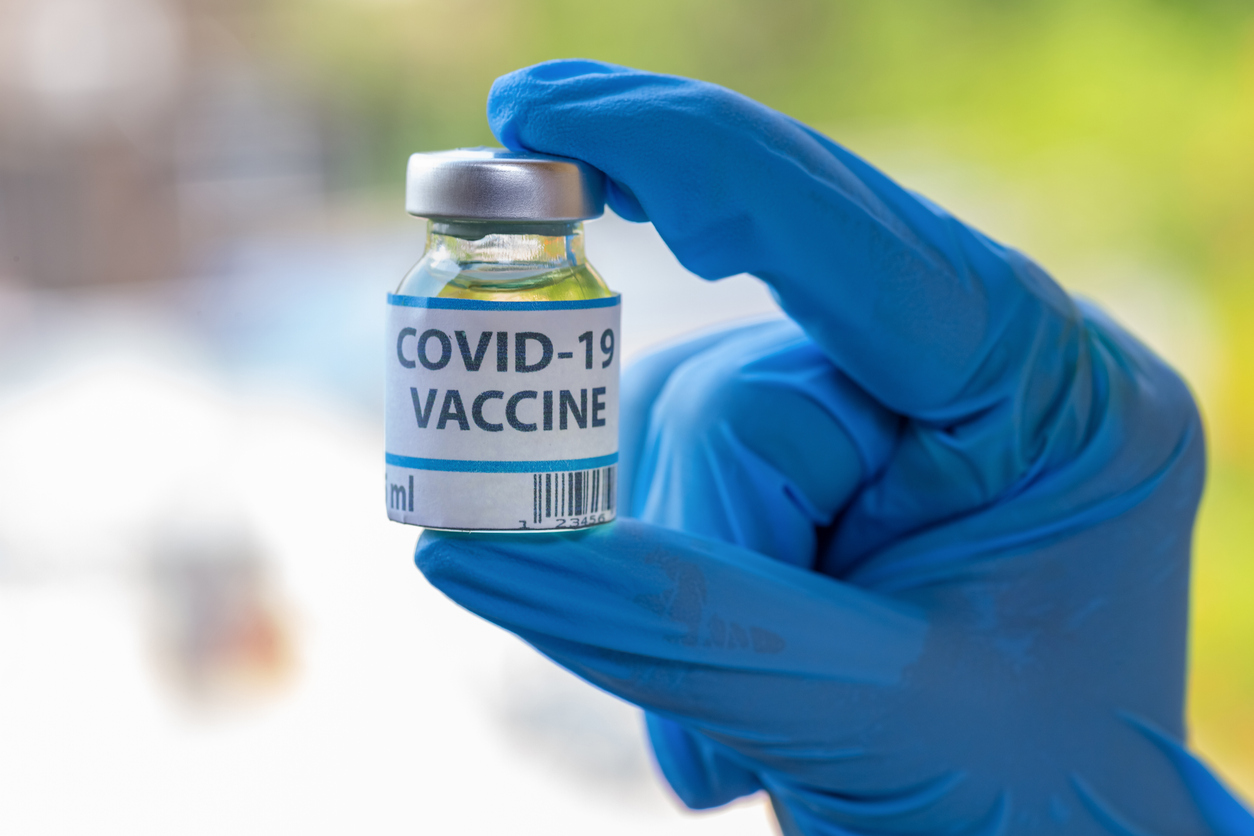The impact of the short-sighted criticism of India’s Covid-19 vaccine diplomacy ~ the outreach in the form of the Vaccine Maitri programme under which millions of doses were provided via grant-cum-sale to the global South ~ that led the government to abruptly end the initiative when the second wave of the coronavirus hit the country is coming home to roost.
While China has jumped to the rescue of many less developed and developing countries including some in India’s neighbourhood such as Nepal by providing them vaccines, American drug companies that have traditionally outsourced manufacturing to foreign locations including India to mass-produce vaccines are working to end one-country dependence.
Advertisement
But that’s not the worst of it. The most significant effect of the politics played over the second wave of Covid19 in India including inflated oxygen demands by some states at the peak of the crisis, is being felt on the African continent. In the interconnected economies of the world, India has risen over the past decade to become Africa’s third-most important trading partner, after the European Union and China.
The African market is heavily dependent on Indian suppliers for pharmaceuticals. In East Africa, for example, 35 per cent of pharmaceutical imports come from India. As India began to redirect Covid19 vaccine exports domestically, it is estimated to have left the global vaccine alliance COVAX with a shortfall of approximately 200 million doses.
In African capitals, the talk is now of ending the dependence on Indian vaccine supplies in particular and pharmaceuticals in general. In a line, Africa is now looking for an India plus one model to meet its requirements. According to World Health Organisation data, African countries have managed just 1.5 doses per 100 people while the rest of the world ~ as of mid-June ~ had administered 29 doses per 100 people.
As a result, while more prosperous countries begin reopening their economies, developing countries in Africa (and elsewhere) are still dealing restrictions, lockdowns, and other measures that are stifling economic recovery. Under COVAX, nearly 50 per cent of vaccine supplies for Africa came from India, and bilaterally negotiated supplies accounted for the remainder.
With vaccine exports from India unlikely to resume this year, supply shortages will substantively delay the African vaccine drive and, in turn, any end to the pandemic on the continent. Strategies to diversify vaccine supplies are already in place ~ sourcing them from other countries so as not to be dependent on “the vaccine factory of the world”, India, as well as ramping up domestic manufacture.
The World Trade Organisation head too has flagged the “over-centralization of vaccine production capacity”, terming it “incompatible with equitable access”. All this is not to say that India should not look after its own first or, indeed, that the Opposition shouldn’t call out the government for its inadequacies in pandemic management. But the international cost of playing domestic politics during a crisis results in strategic shifts by countries.
These then have adverse impacts on Indian livelihoods and, given the stockpiled vaccines lying unused in the private sector, don’t help save Indian lives either.









